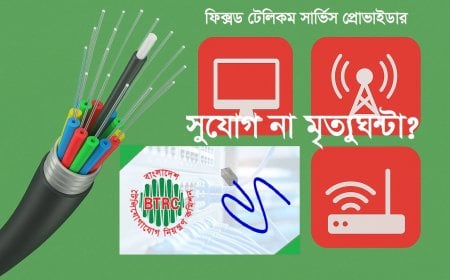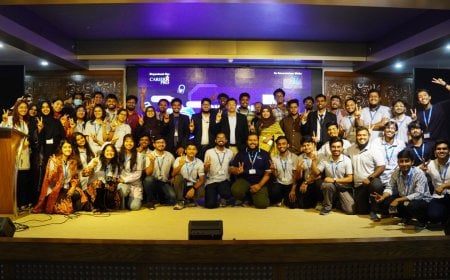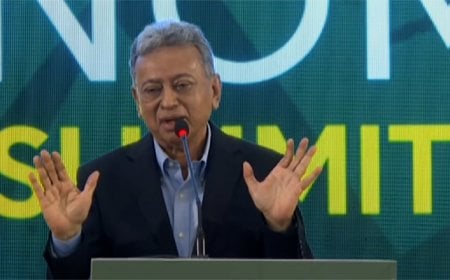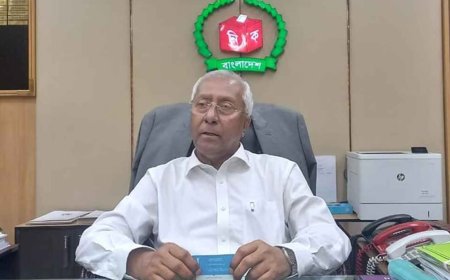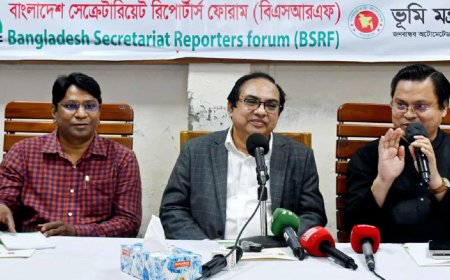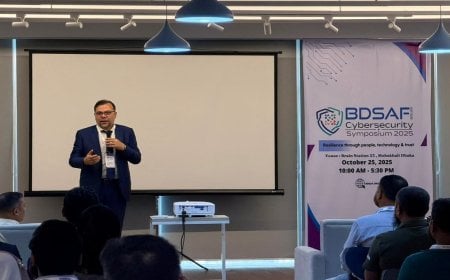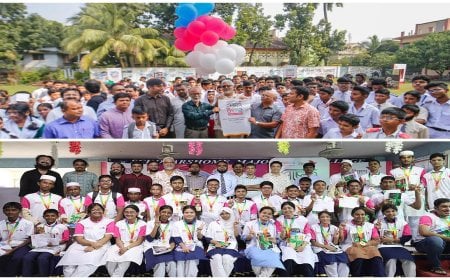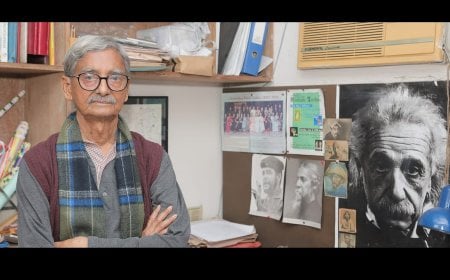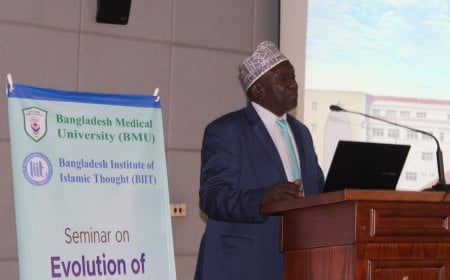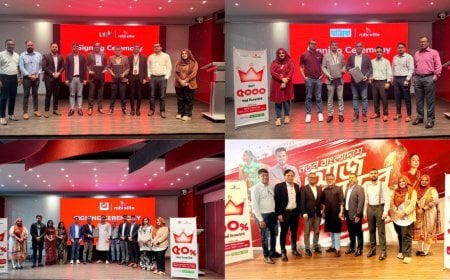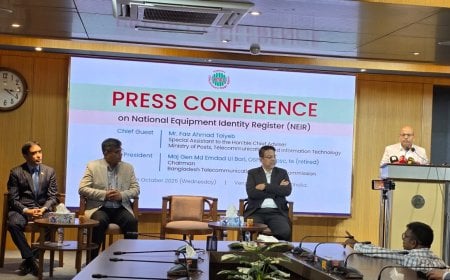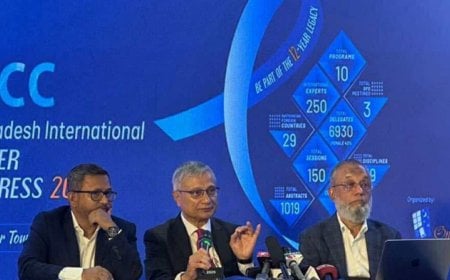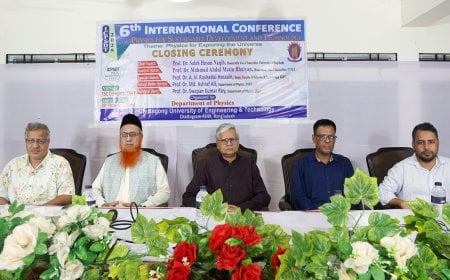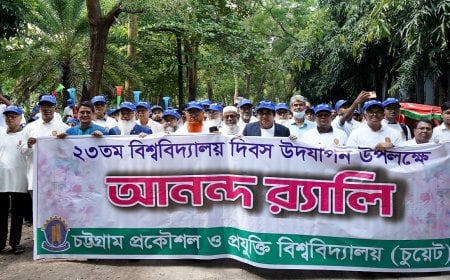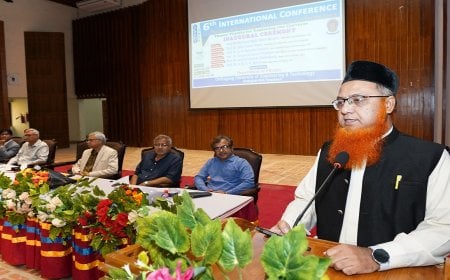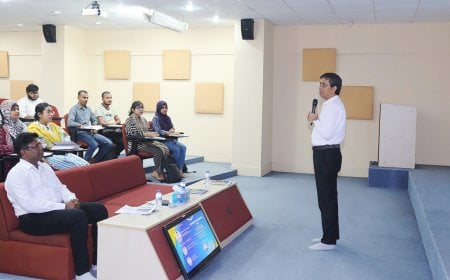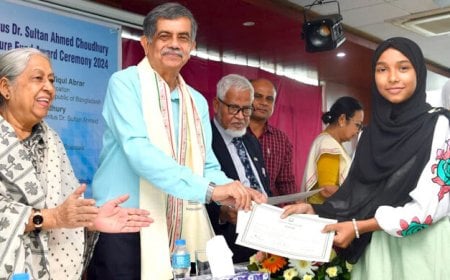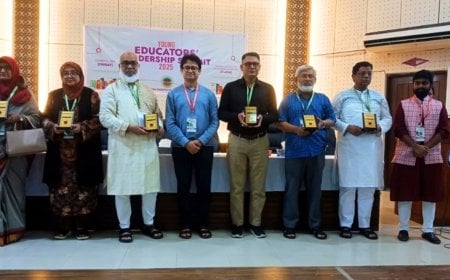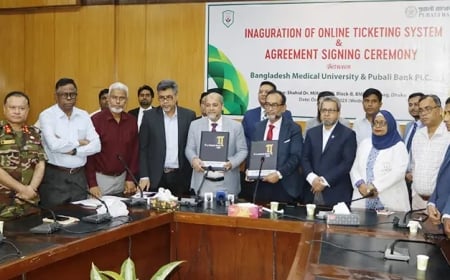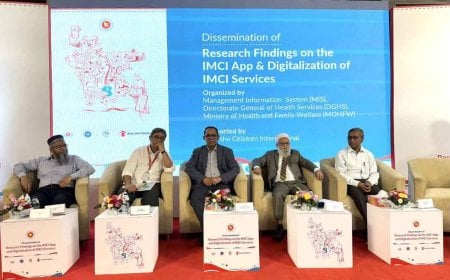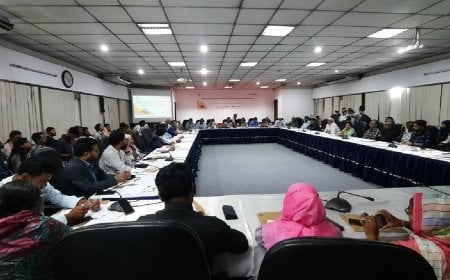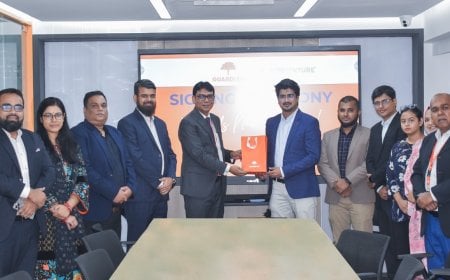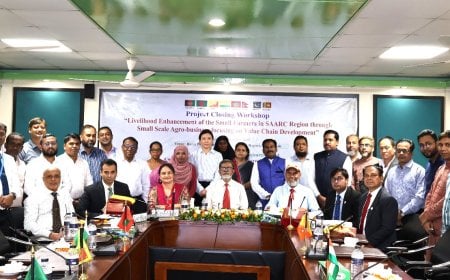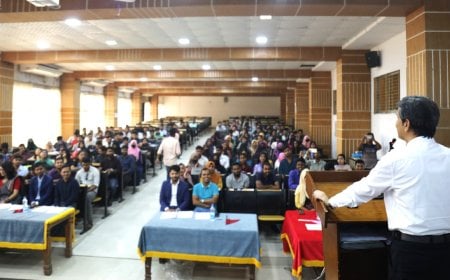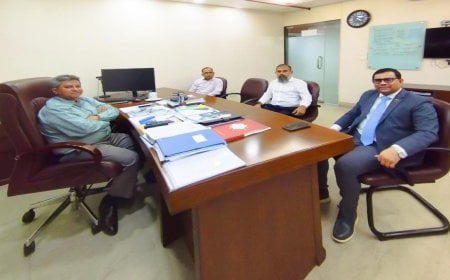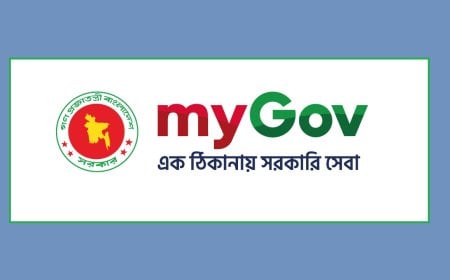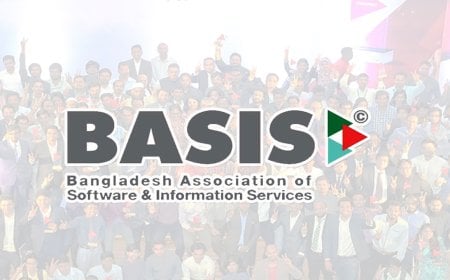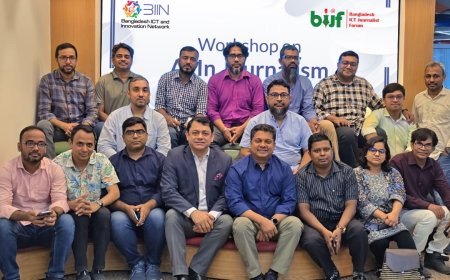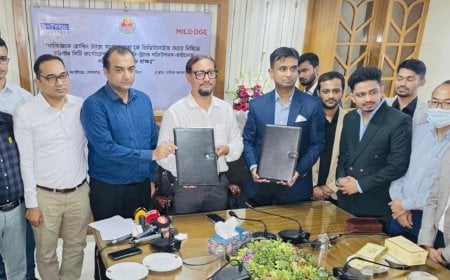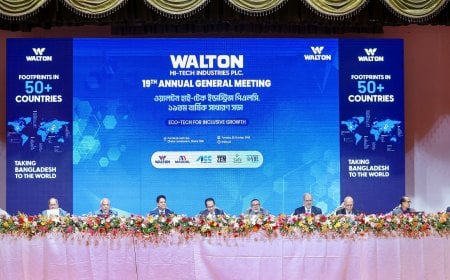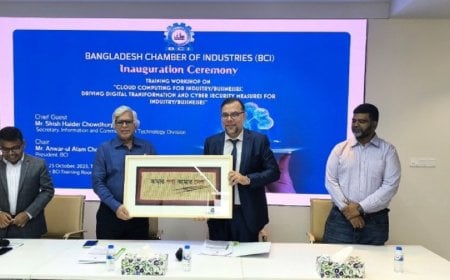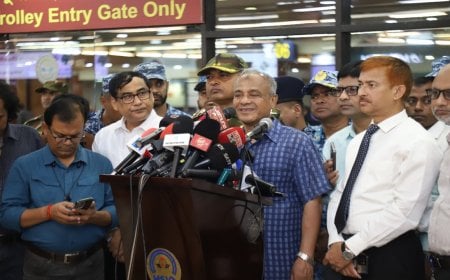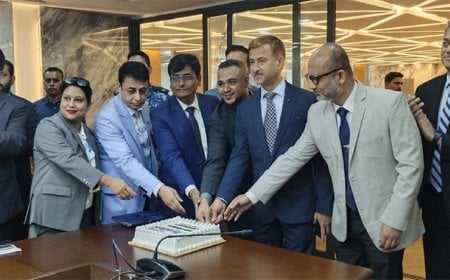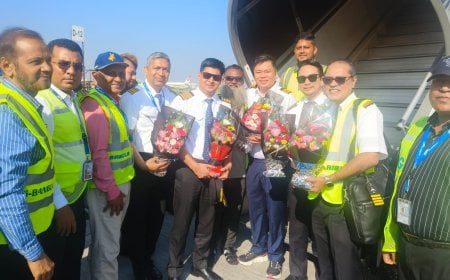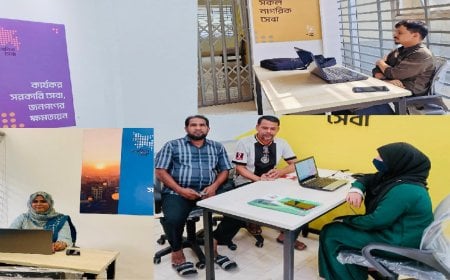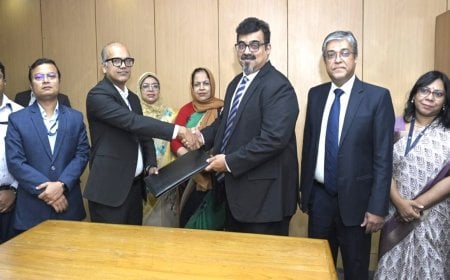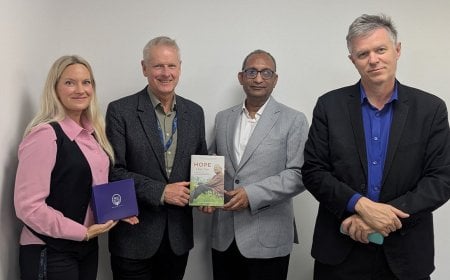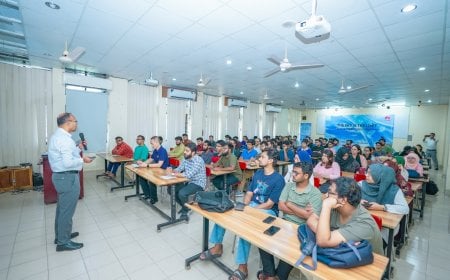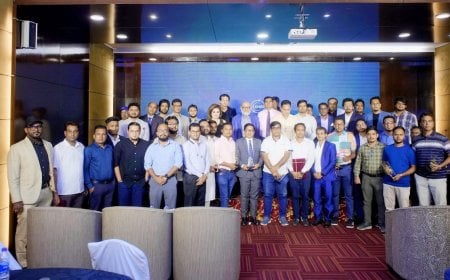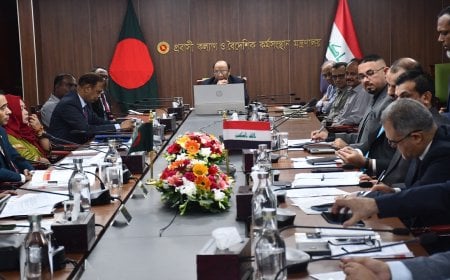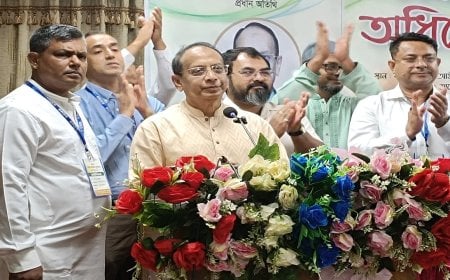Stakeholders Stress Trust, Investment to Steer Telecom Reform
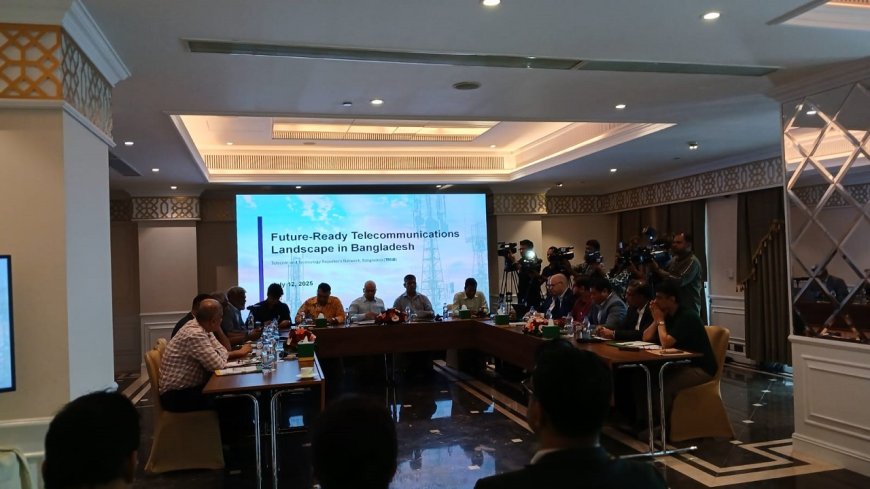
All stakeholders in Bangladesh's telecommunications sector agree that customer interests must be prioritized in the proposed telecom reform policy. However, before that can happen, the existing trust deficit among stakeholders and gaps in investment need to be addressed.
These sentiments emerged during a roundtable discussion on "Telecommunications Network and Licensing Policy Reform," organized by the Telecom and Technology Reporters Network Bangladesh (TRNB). The event, held on Saturday, July 12, at Hotel Holiday Inn in Tejgaon, Dhaka, was part of an ongoing series of consultations regarding the draft policy.
TRNB President Samir Kumar Dey presided over the discussion, while General Secretary Masuduzzaman Robin delivered the welcome remarks. Mohammad Zulfiqar, Secretary General of the Mobile Telecom Operators of Bangladesh (AMTOB), presented the keynote.
The chief guest of the roundtable was Faiz Ahmad Taiyeb, Special Assistant on Posts, Telecommunications and Information Technology to the Chief Adviser. Government representatives included Md. Zahurul Islam, acting secretary of the Posts and Telecommunications Division, and BTRC Chairman Major General (Retd.) Md. Emdad Ul Bari.
Industry participants included Grameenphone CEO Yasir Azman, Axiata Group AVP Mohammad Didarul Alam (representing Robi), Banglalink CEO Erik Aas, and Nurul Mabud, Managing Director of Teletalk Bangladesh Limited.
In his keynote, Mohammad Zulfiqar emphasized that "telecom operators are at the heart of the digital economy." He noted that while 65 million people are connected through social media, nearly 90 million Bangladeshis still remain offline and excluded from digital services. Operational costs continue to rise each year, and the proposal to cap foreign ownership at 80% while requiring 15% local investment with a strict timeline is creating concern in the investment community.
He welcomed the rest of the proposed licensing structure, which consolidates into three main licenses under a technology-neutral framework. Operators would be allowed to offer voice, data (internet), value-added services (VAS), and over-the-top (OTT) services under a single license. However, limiting foreign ownership may slow down progress.
In response, Suman Ahmed Sabir, CIO of Fiber@Home, argued that more benchmarks should be set, and a comprehensive accounting of investments over the last seven years is necessary. “We need cost-effective strategies for network expansion,” he said, cautioning against issuing too many NTTN licenses and calling for an end to redundant infrastructure development.
TIM Nurul Kabir, Executive Director of the Foreign Investors' Chamber of Commerce and Industry (FICCI), stated, "Investment requires consistency, capacity, collaboration, and coordination. Both local and foreign investments are necessary." He emphasized the need for a national telecom roadmap, pointing out that mobile operators invest $600 million annually just to maintain networks.
World Bank consultant Mahtab Uddin Ahmed commented, "The policy is on the right path, but we lack the pure desire to implement it properly." He argued against setting price floors in a free market and said foreign ownership is common worldwide. "When foreign investors own 75% of a company, they naturally hold decision-making power," he added, noting that Grameenphone and Robi already have some local shareholders. "If the share transfer timeline is extended, it will not be a problem but rather an opportunity for local investors."
ISPA President Aminul Haque criticized current disparities in taxation and policy. “ISPs fulfill 65–70% of the national internet demand, amounting to 7.5 terabytes, and pay a 15% tax, whereas mobile operators with only 35% market share pay none,” he said. He called for a level playing field and pushed for immediate approval of active infrastructure sharing to benefit last-mile users.
Also speaking at the roundtable were Grameenphone Chief Corporate Affairs Officer Tanvir Mohammad, Banglalink Chief Corporate Affairs Officer Taimur Rahman, and Robi’s Chief Corporate Affairs Officer Shahed Alam.





